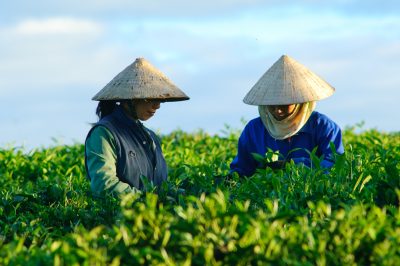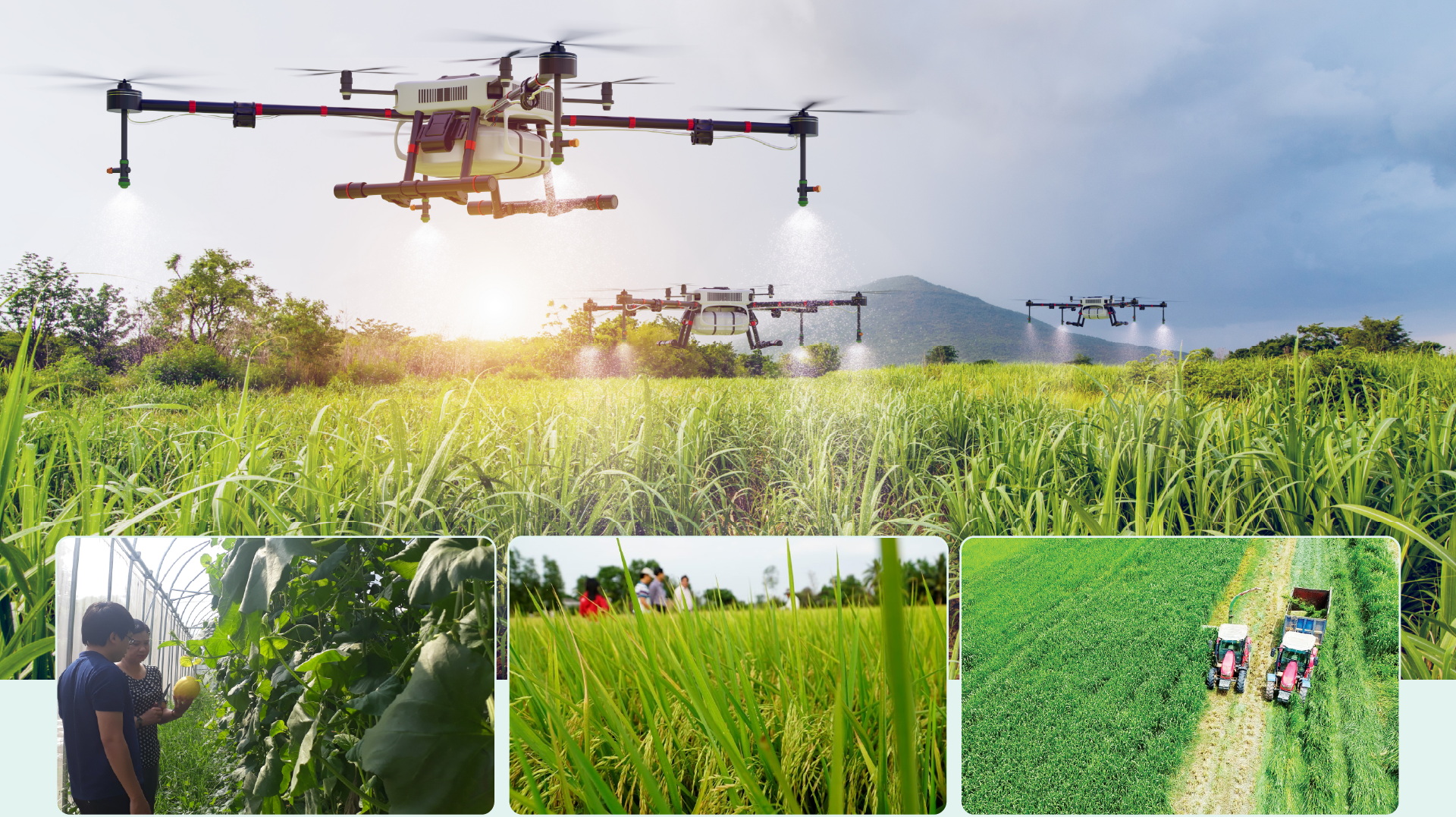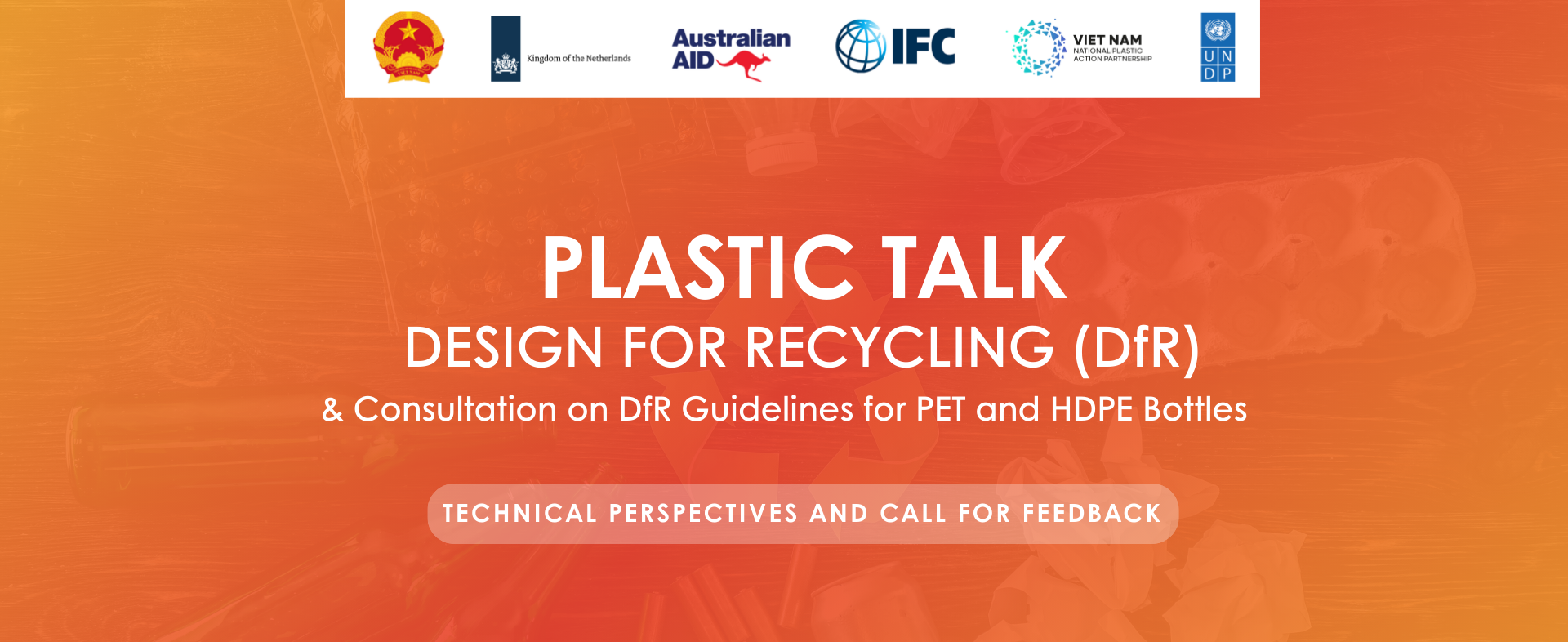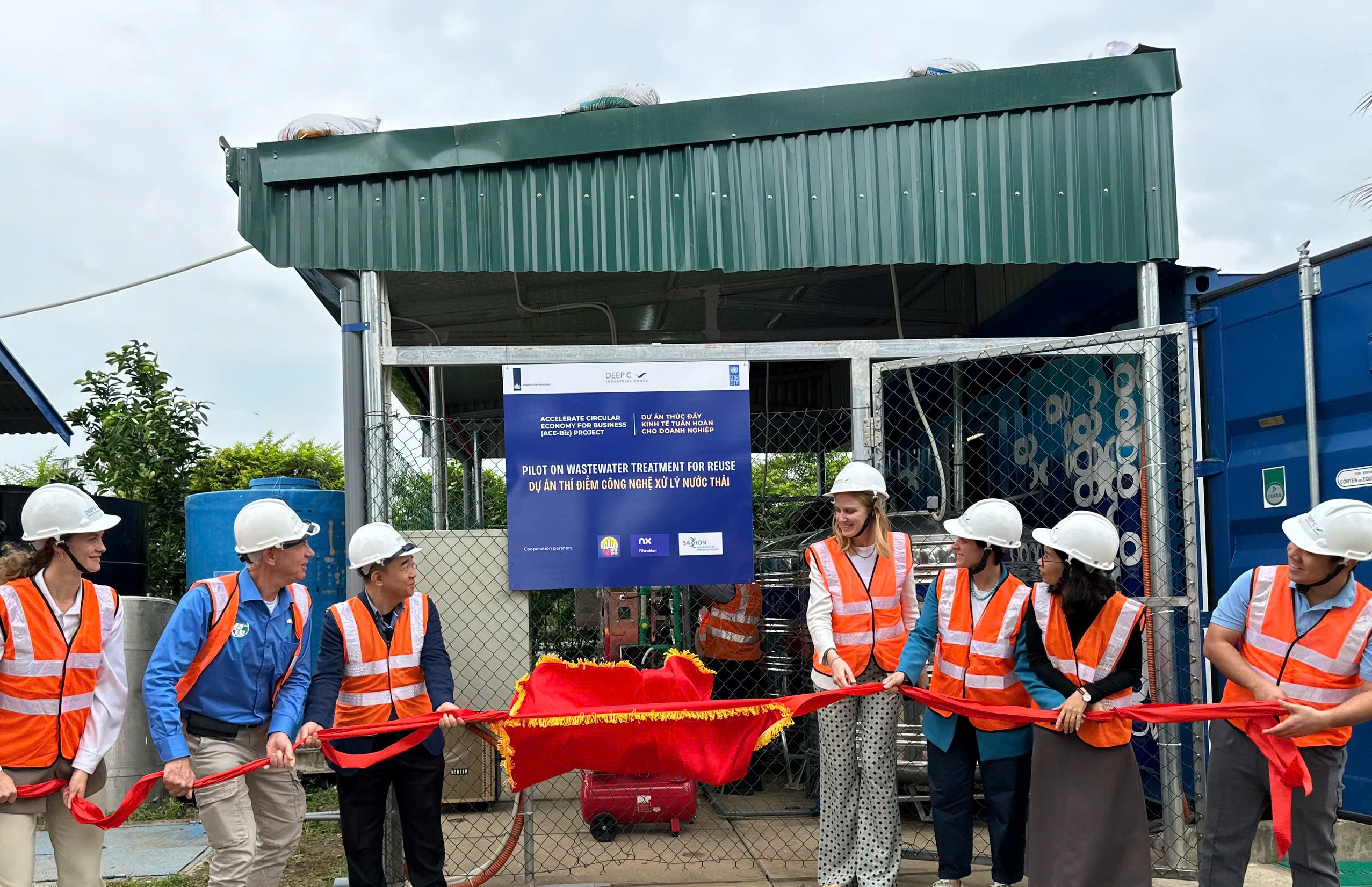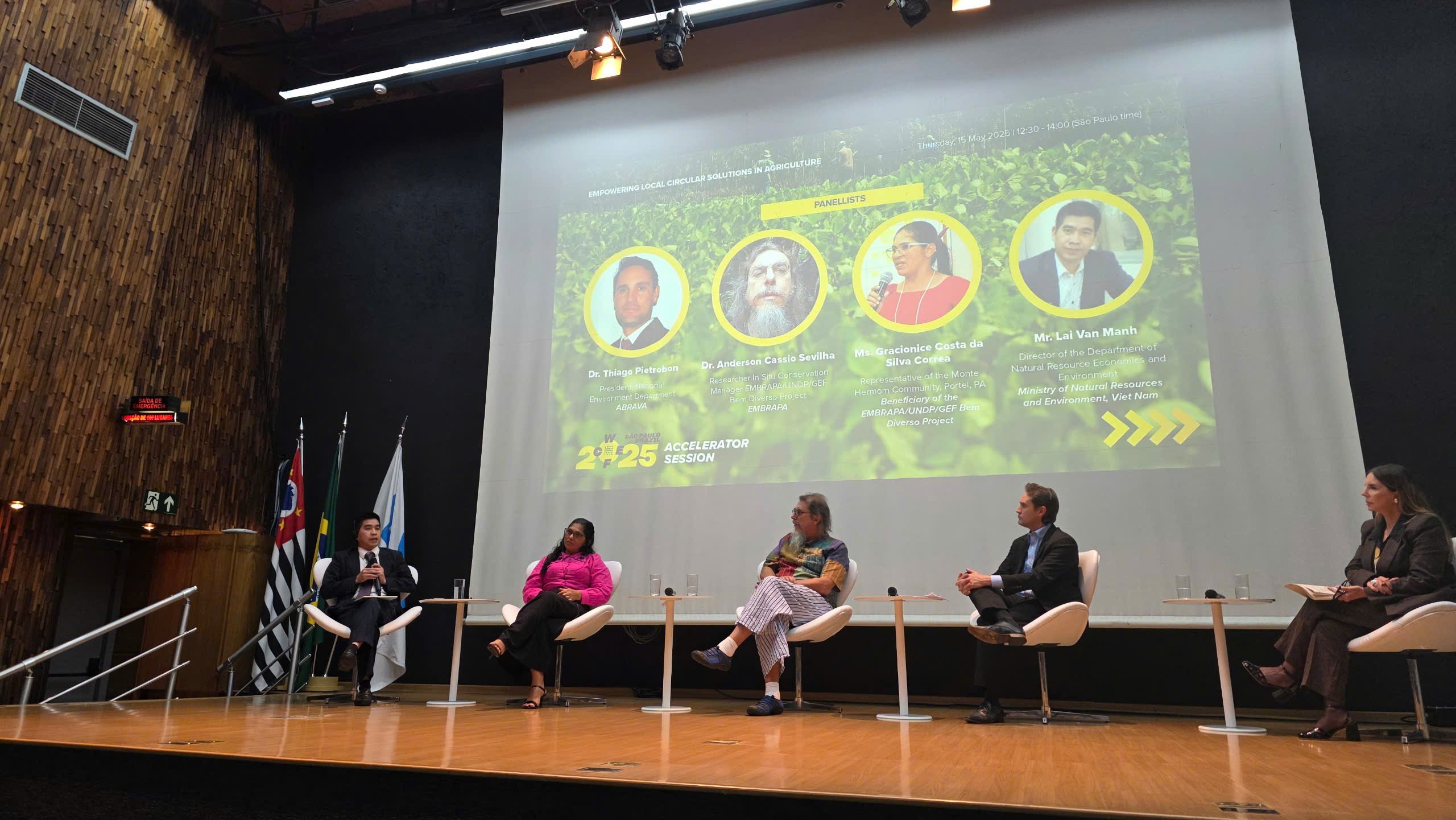
On the sideline of the World Circular Economy Forum 2025 taking place in Brazil, UNDP convened impactful accelerator sessions focused on advancing circular economy principles. These included a workshop on “Building Circularity into Nationally Determined Contributions: Regional Capacity-Building and South-South Exchange Workshop” and another on “Empowering local circular solutions in agriculture”.
The first session aims to strengthen policymakers’ capacities to integrate circular economy measures into their new NDCs through live demonstrations and deep-dive exercises using the toolbox. It also serves as a platform for sharing experiences, best practices, and lessons learned, while fostering a community of policymakers to promote collaboration, particularly South-South on circular economy and climate agendas. Additionally, the workshop provides an opportunity to gather feedback on the toolbox to inform future improvements.
The second session shares examples of enabling policy frameworks, financial mechanisms and business cases that have proven successful in implementing and scaling up circular solutions in agricultural value chains. The discussion will highlight how improved circularity in agriculture can help address environmental issues such as air pollution, waste management and climate change, with a focus on post-harvest circular solutions, ranging from efficient and low-GWP cold chain management, to post-harvest/food waste minimization and nature-based packaging solutions.
The Vietnam team, comprising a representative from the Ministry of Agriculture and Environment and another from UNDP Vietnam, contributed valuable insights into Vietnam’s experiences in developing policy frameworks and action plans to promote a circular economy within the agricultural sector.
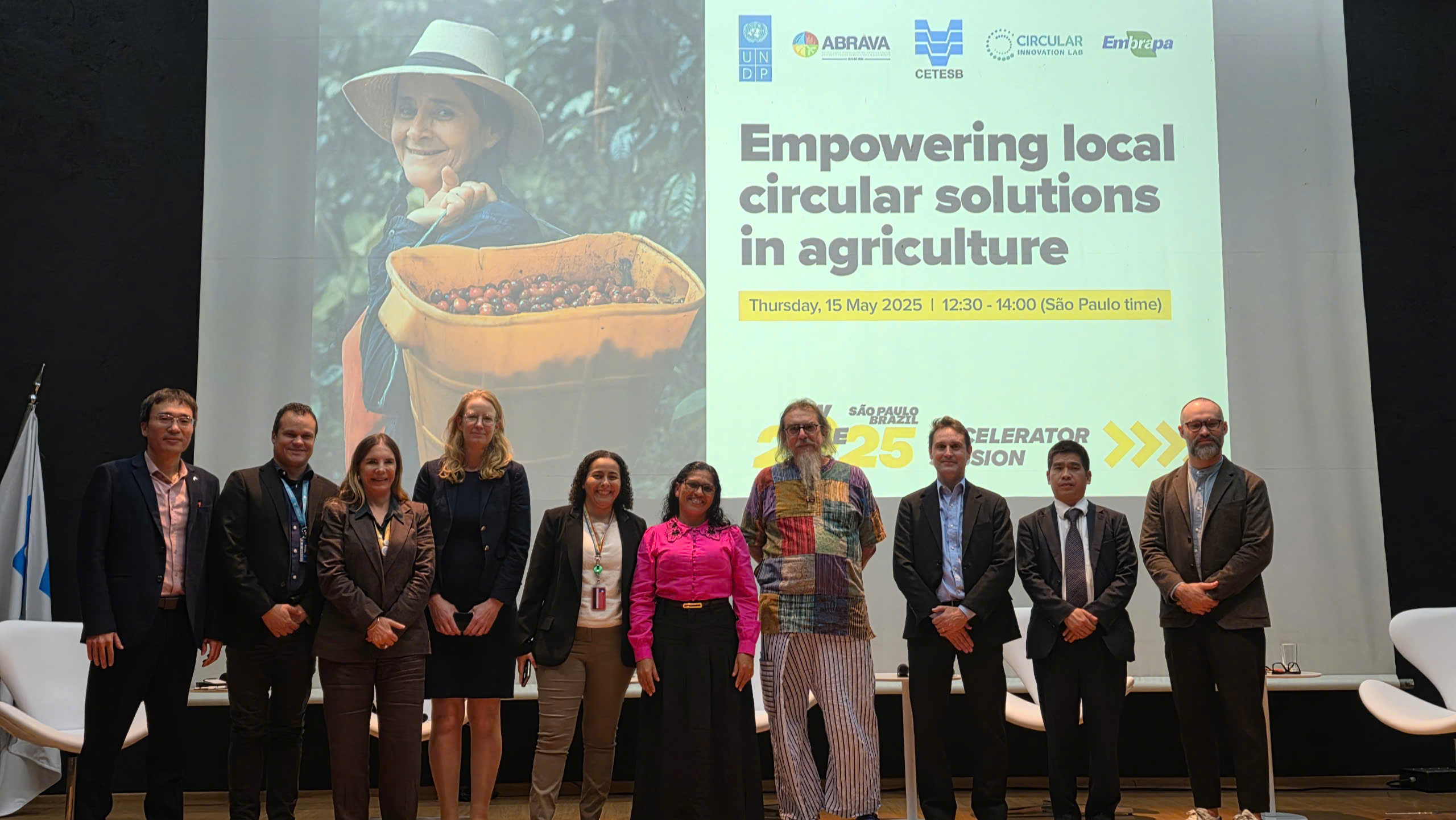
The pilot implementation of the CE/NDC Toolbox in the country revealed that circular approaches using crop and animal waste from the rice and coffee value chains could generate enough organic matter, phosphate, and potassium sulphate to surpass Viet Nam’s annual fertilizer demand of 10.23 million tons.
- On rice, the Initiative involves identifying the most promising circular practices within rice value chains and developing a methodological framework, including a Carbon Calculator for Circular Practices in Rice Production, to estimate potential GHG emission reductions. Four key scenarios are explored: (1) rice straw to mushroom cultivation to compost to rice, (2) rice straw to compost to rice, (3) rice straw to biochar to rice, and (4) rice cultivation using alternate wetting and drying (AWD) irrigation.
- For the coffee, the Initiative involves developing a handbook on circular economy models for coffee production, showcasing scalable and applicable models for farmers, cooperatives, and other stakeholders. The effort also highlights the potential of returning agricultural residues like rice straw and husk to the soil, which could significantly reduce reliance on chemical fertilizers, substituting millions of tons of carbon and nutrients, while also lowering methane and nitrous oxide emissions. Specifically, the rice straw-biochar-rice model demonstrates the lowest CO₂ emissions per hectare per season, underscoring its potential for climate and economic benefits.
Under the theme “Tropical Solutions for Sustainable Growth,” the World Circular Economy Forum (WCEF) 2025 taking place from 13 to 16 May in São Paulo, Brazil, convened over 1,500 participants online and in person for a main 02 forum featuring four plenary and twelve parallel sessions, followed by a number of accelerator sessions organized by collaborators to allow for deeper engagement on specific topics. The forum emphasized the urgent need for circular economy approaches, highlighting the potential of regenerative and bio-based solutions unique to tropical regions and the critical role of the production sector, with key messages underscoring a just transition, the link between circularity and climate/nature targets, the necessity of collaboration and finance, and the power of local solutions, all geared towards fostering sustainable and inclusive growth.

